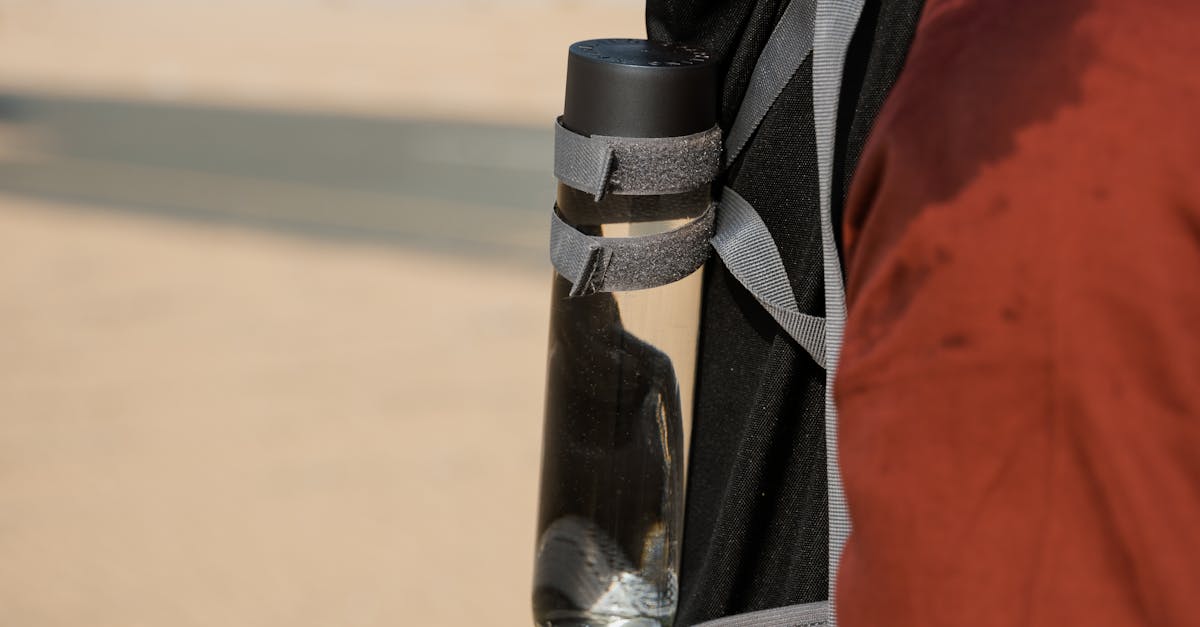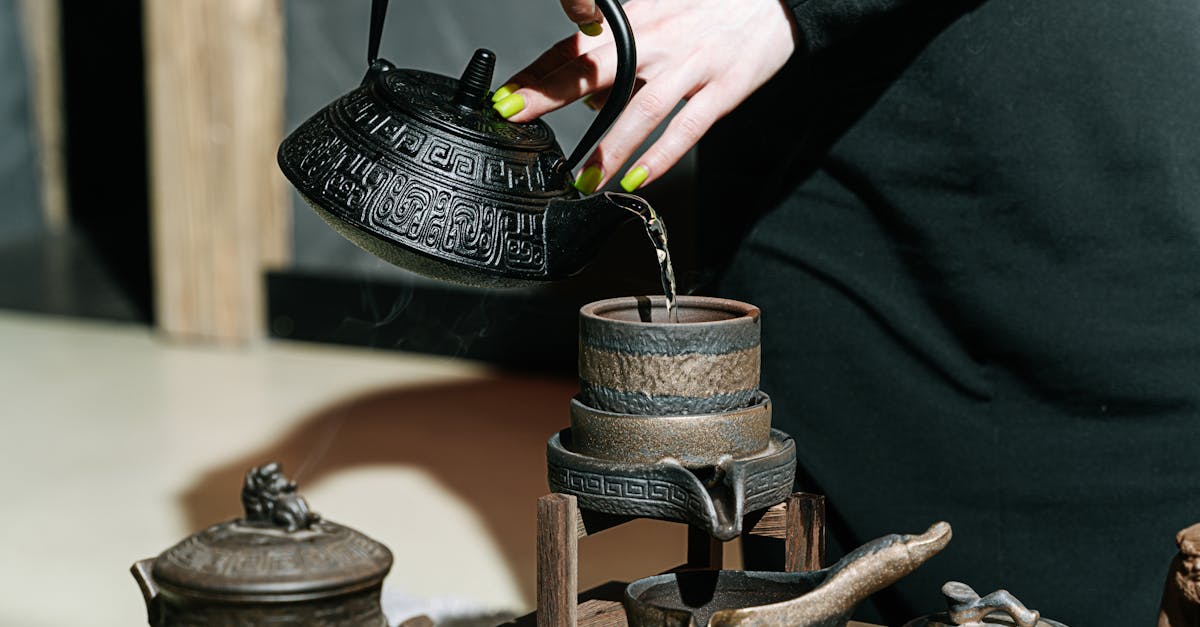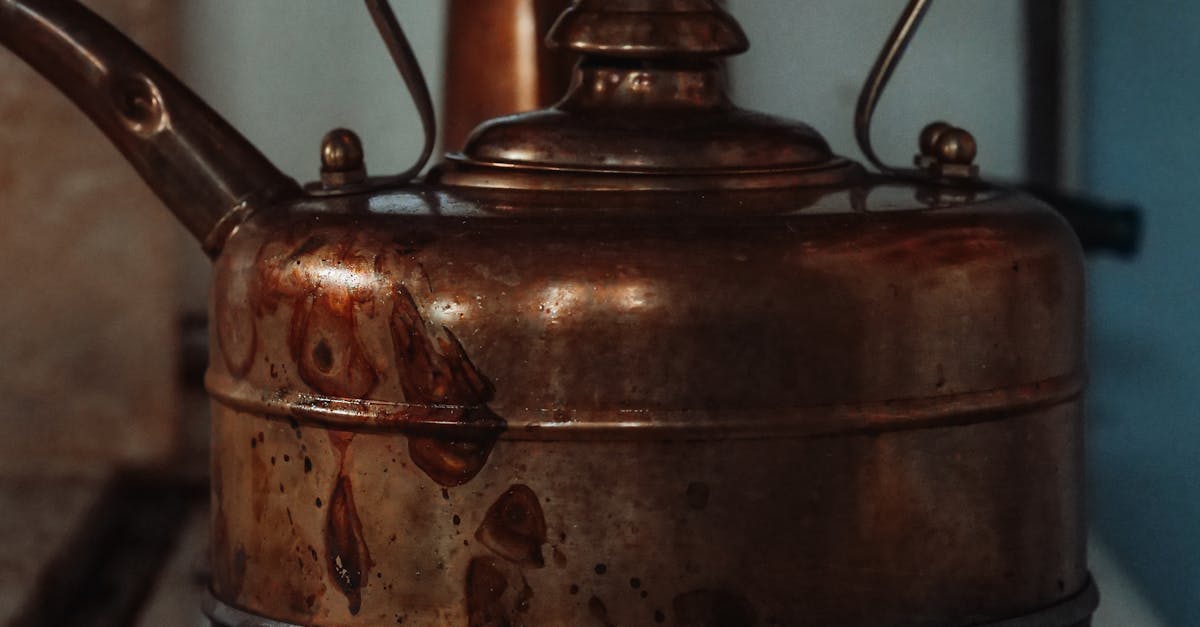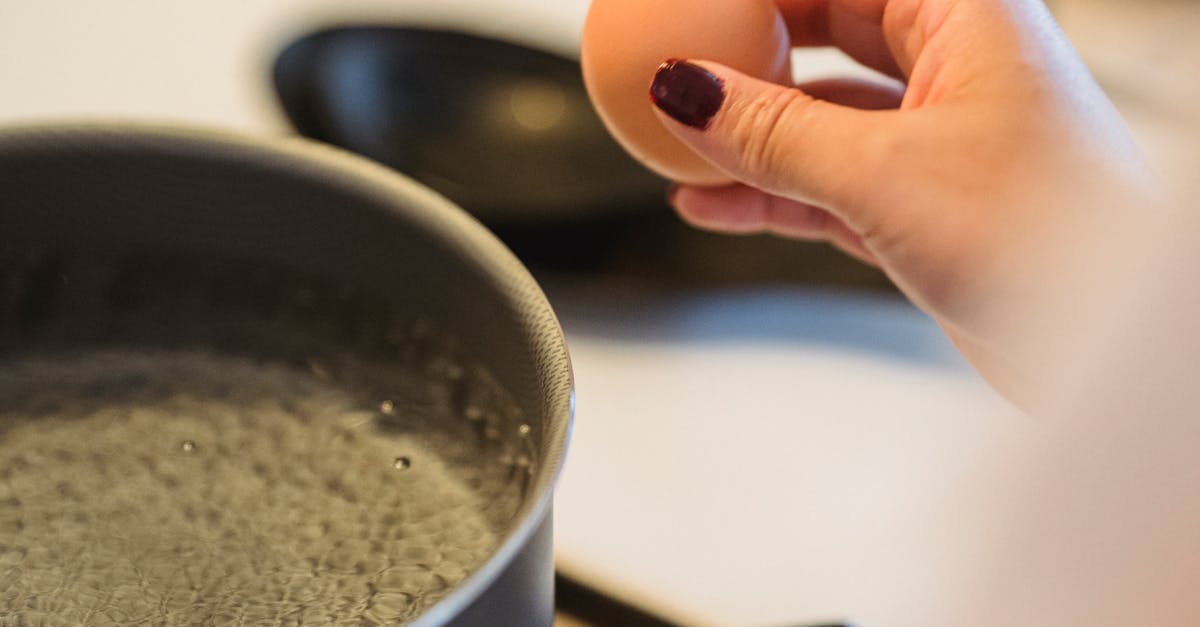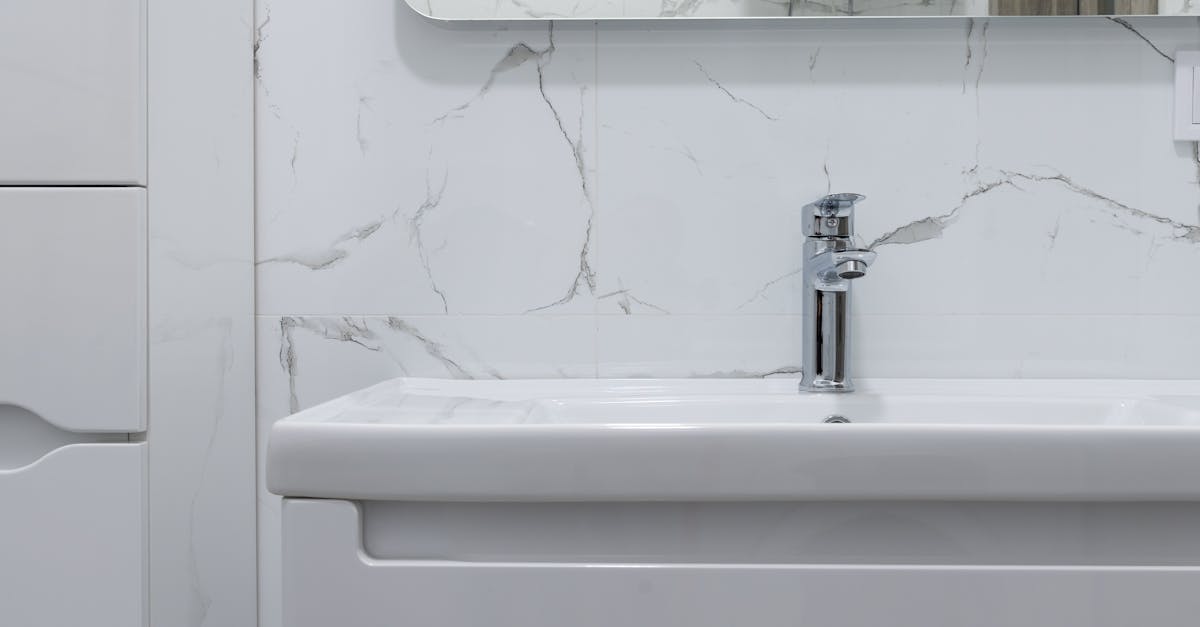
Table Of Contents
Signs of Wear and Tear
As electric hot water heaters age, various signs of wear and tear may become evident, prompting homeowners to assess their systems. Discolouration of water, an unusual metallic taste, or a decrease in water temperature can indicate the need for further inspection. Regular monitoring is essential to ensure consistent performance and to avoid potential disruptions during peak usage times.
Rusty pipes or visible corrosion around the tank are also critical indicators that maintenance is required. Homeowners should not ignore strange noises, such as popping or rumbling, as they may signify sediment buildup within the tank. If repairs become frequent, it may be time to consider whether a hot water installation is a more viable long-term solution.
Common Indicators of Failure
Several signs can indicate that an electric hot water heater is nearing the end of its lifespan. One common issue is a decrease in water temperature or inconsistent heating. If the unit starts to produce lukewarm water or takes longer than usual to heat, this may point to a failing element or thermostat. Additionally, visible corrosion or rust on the tank can signal that the unit is deteriorating, compromising its effectiveness.
Leaks around the base of the heater or pooling water can also suggest significant problems. A leak often indicates that the tank is cracking or has developed pinhole leaks, which can lead to more extensive damage. Such issues are critical and should prompt an immediate assessment of the current hot water installation. Ignoring these warning signs can result in more costly repairs or the need for a complete replacement.
Warranty Information
When purchasing an electric hot water heater, understanding the warranty is crucial. Manufacturers typically offer a warranty period ranging from 5 to 12 years, depending on the model and brand. This warranty usually covers defects in materials and workmanship, giving consumers peace of mind. Documentation related to the hot water installation should be retained, as it may be necessary to validate any claims during the warranty period.
It's important to be aware that warranties often come with specific conditions. Routine maintenance may be required to keep the warranty valid, and some manufacturers might stipulate that the hot water installation be carried out by a licensed professional. Understanding these terms can save you from unexpected costs and complications if issues arise after installation.
Understanding Coverage Terms
When considering the warranty of an electric hot water heater, it's important to understand the coverage terms that come with the purchase. Most manufacturers offer a warranty that covers specific components for a set period, typically ranging from six to twelve years, depending on the brand and model. If issues arise during this period, the warranty often includes repair or replacement at no additional cost. However, it’s crucial to keep all records of hot water installation, as failing to provide proof may void the warranty claims.
Additionally, warranty terms can include limitations on liability, which means that while parts may be covered, the labour costs for repairs might not be. Reading the fine print is essential to avoid unexpected expenses. Understanding the nuances of your warranty can help determine your rights and obligations should an issue occur, guiding you towards a more informed decision regarding maintenance or replacement of your hot water system.
Upgrade Options
When considering an upgrade for your electric hot water heater, it’s essential to assess the available options that suit your household’s needs. Modern units often come with improved energy efficiency, which can lead to significant savings on electricity bills. Tankless systems are popular for their on-demand capabilities while traditional storage tanks have become more advanced, offering better insulation and reduced heat loss. Assessing the size and type of system can ensure that your hot water installation meets your usual demand without unnecessary downtime.
Another vital aspect of upgrading involves the potential for smart technology integration. Smart heaters can provide remote monitoring and management, allowing homeowners to optimise energy consumption and receive alerts for maintenance issues. When planning a hot water installation, consider your long-term needs, including the possibility of expanding your household or changes in lifestyle that may affect hot water usage. By evaluating these factors, you can select a system that not only serves you well today but also adapts to future needs.
When to Consider Replacement
When evaluating whether to replace an electric hot water heater, certain indicators may suggest an upgrade is necessary. If your unit is nearing the end of its lifespan, typically around 8 to 12 years, and shows signs of significant wear, it may be more economical to invest in a new model. Furthermore, frequent repairs can also signal that a replacement is a more sensible option. Consider the energy efficiency of newer systems which often result in lower utility bills, making them an attractive alternative.
It is also wise to contemplate your household's hot water needs when considering replacement. If your family size has changed or your hot water usage has increased, an older unit may not meet current demands efficiently. The importance of professional hot water installation cannot be overstated, as proper setup ensures optimal performance and longevity. Taking these factors into account can make the decision to replace your electric hot water heater more straightforward.
FAQS
How long can I expect my electric hot water heater to last?
On average, an electric hot water heater can last between 10 to 15 years, depending on factors such as maintenance, usage, and water quality.
What are the common signs that my electric hot water heater is failing?
Common indicators of failure include unusual noises, water leaks, inconsistent water temperatures, and rusty or discoloured water.
Does the warranty on my electric hot water heater indicate its lifespan?
While the warranty can provide insight, it typically covers specific parts and may last 6 to 12 years. It’s essential to consider regular maintenance and usage patterns for the overall lifespan.
When should I consider upgrading my electric hot water heater?
Consider upgrading if your heater is nearing the end of its expected lifespan, showing signs of wear and tear, or if your hot water needs have changed significantly.
What maintenance practices can help extend the life of my electric hot water heater?
Regular maintenance practices include flushing the tank annually, checking the anode rod, and ensuring that the temperature and pressure relief valve is functioning correctly.

